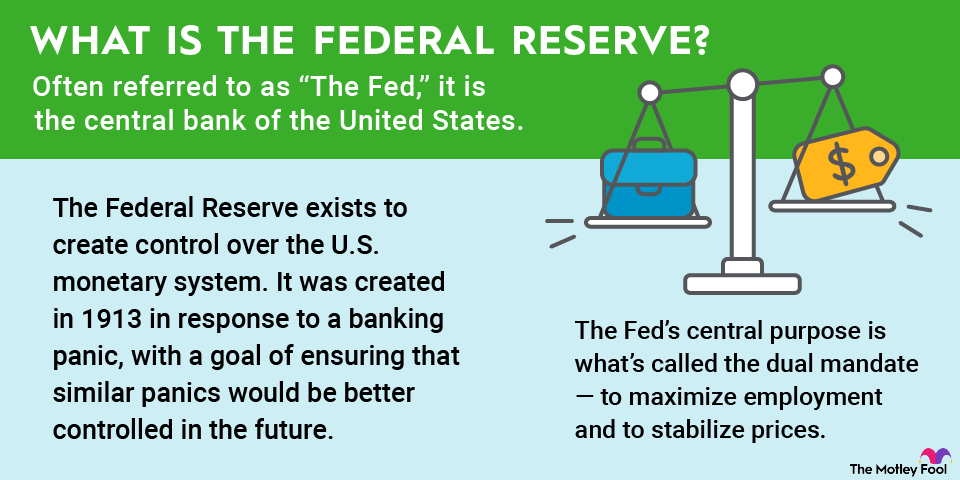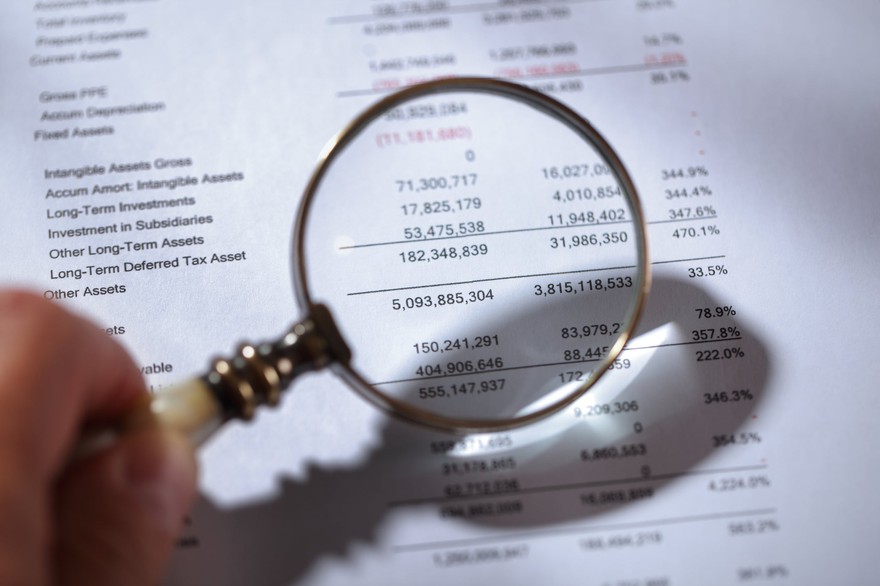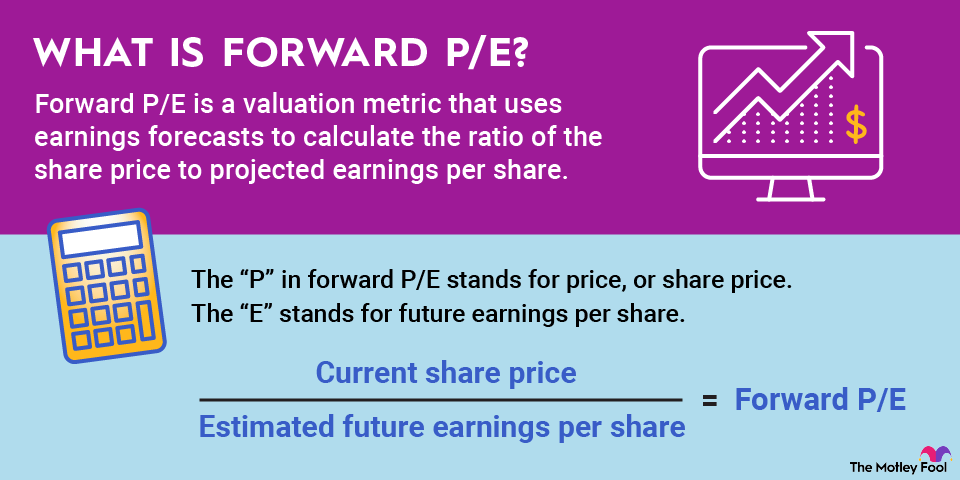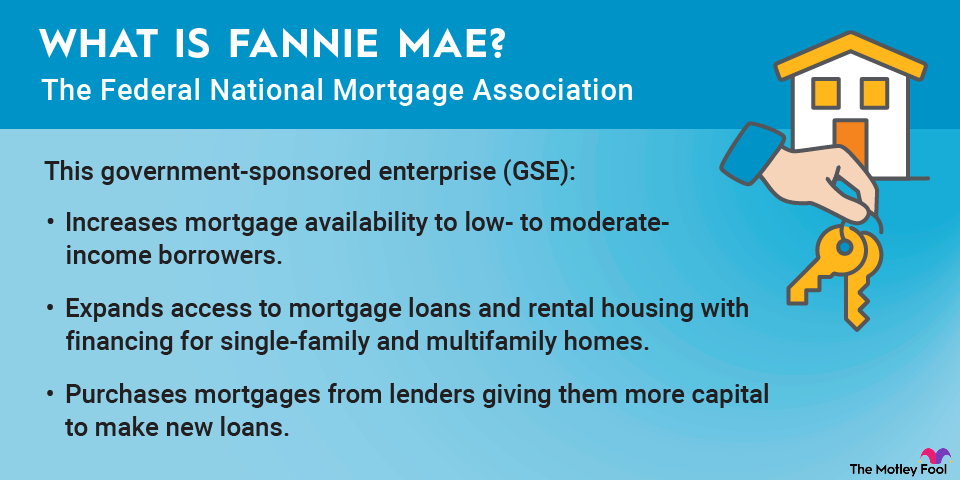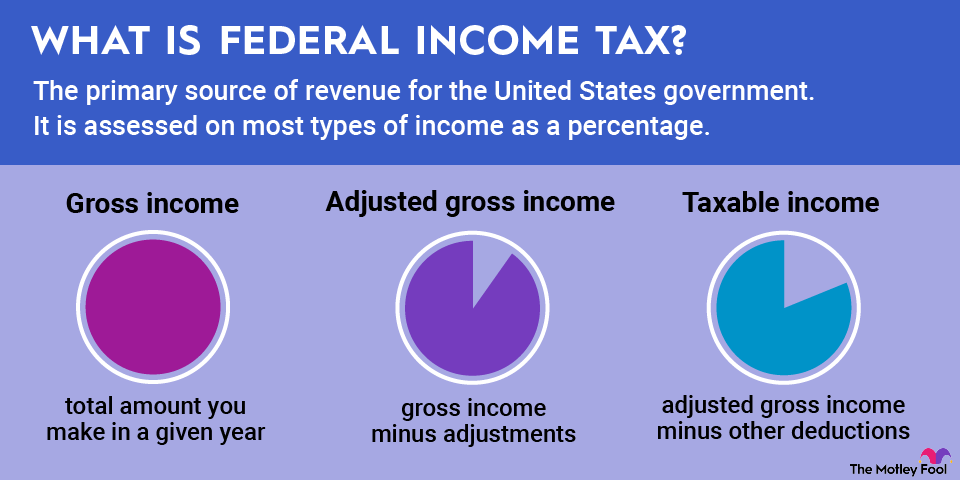Whether you've been considering The Motley Fool or have been a member for some time now, you might be wondering exactly what we mean when we talk about being "Foolish." Well, we're here to clear that up.
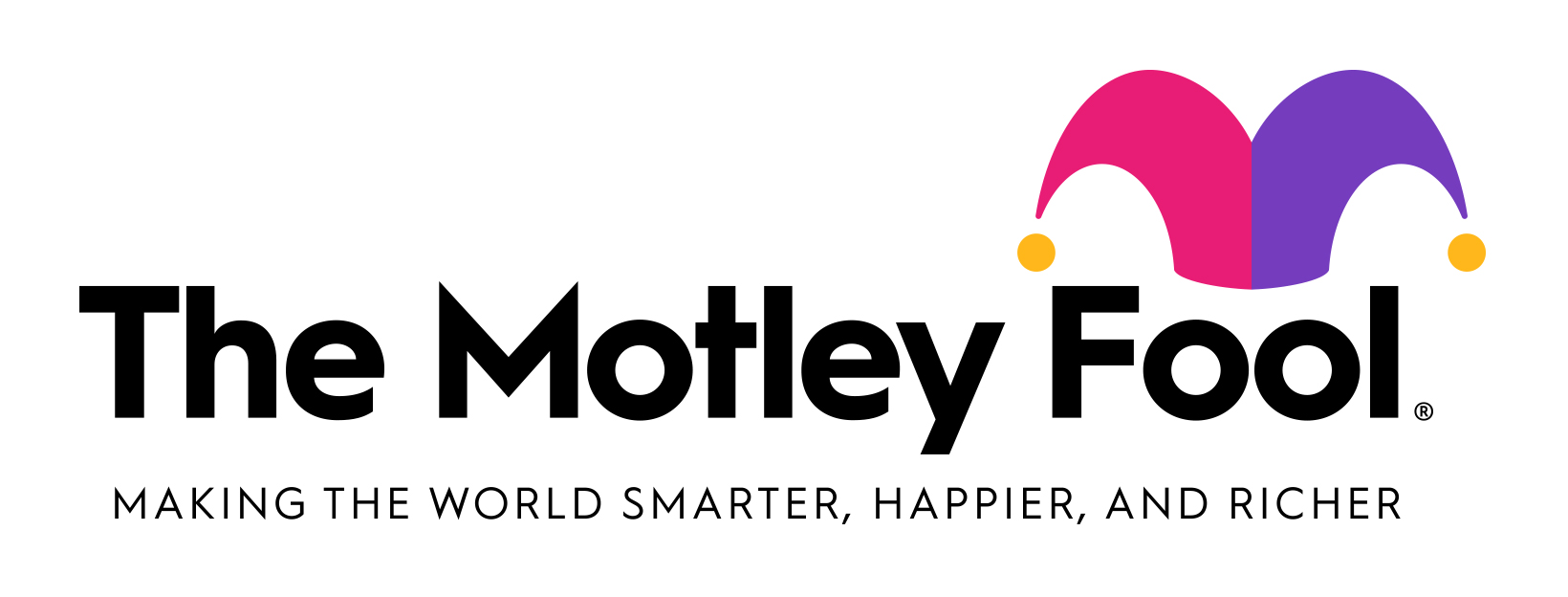
What does Foolish mean?
The Motley Fool was founded back in the mid-90s, at a time when stock market investing was a bit of an exclusive club and long before things like online trading platforms were even an option. There was a set sort of wisdom back in those days, a way of doing things that was very antithetical to everything in which co-founders (and brothers) David and Tom Gardner believed.
So like the Fools they are, they set out to make some changes. And the first was that they'd share their Foolish philosophy with the world rather than keep it a secret for themselves. In their book, The Motley Fool Investment Guide: How the Fools Beat Wall Street's Wise Men and How You Can Too, they very quickly get to the heart of what it means to be a Fool.
Our approach is best characterized by our general disinterest in, and mild disdain for, conventional wisdom. ... Foolishness is not a luxury; it is a necessity. It attacks conventional wisdom.
Where does the idea of Foolishness come from?
According to legend, the Gardners were inspired by Shakespeare when naming The Motley Fool and developing its principles. The court jester, they said, was the one guy in the room who could always speak the truth without suffering severe consequences.
In that way, Foolishness has always been at the heart of what we do at The Motley Fool. We speak the truth, even if it's not what people want to hear. Instead, we tell you what you need to know and hope it helps you become a better investor.
How does Foolishness work at The Motley Fool?
Because we believe in your ability to help yourself with your own investments, it seems only right that we should talk about investing openly and honestly, no matter what the other guys are doing. While brokers often don't want their clients discussing their trades or positions, we created an entire forum for you to talk about your investments -- and yes, even us -- with your fellow Fools.
Our Foolishness also includes fully disclosing our own positions (and asking our team members to do the same), participating in ranking systems like CAPS, and being completely transparent about the logic behind each move we make. You'll notice that even with our free articles, we include disclosures so you know exactly where we stand on the investments being discussed.
Related investing topics
Benefits of Foolishness
Conventional wisdom is cool and all, but sometimes it really pays to be a bit Foolish. Our members have gained hugely from the benefits of Foolishness, which include:
Learning more about investing. Conventional wisdom tends to fit within some pretty rigid constructs, which doesn't allow for much reflection and education. We want you to learn; that's what all this Foolishness is for.
Becoming a better investor. Once you understand the types of investments and investing strategies that work for you, you can apply those lessons moving forward. Foolishness breeds better investing.
Having fun investing. Investing doesn't have to be boring or a chore you do once in a while so that you can retire one day. It can be fun, too. Our Foolish community keeps things engaging, and everybody helps each other do better.


